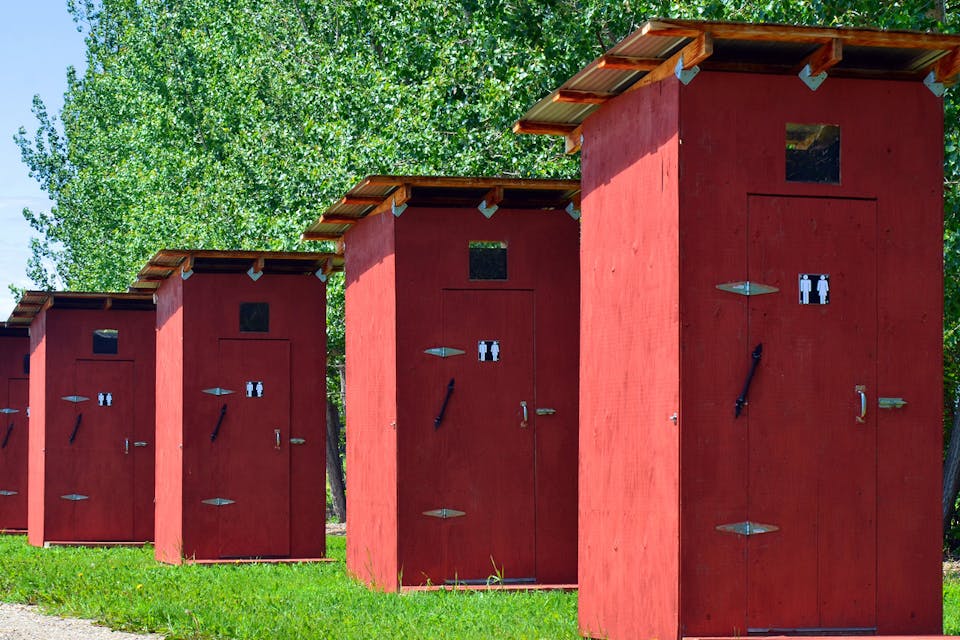
November 22, 2017
Why Does “Making” Mean What It Means for American Ashkenazi Jews?
By PhilologosIf you don't know what it means, you can probably figure it out. (Or you can read this column.)
Got a question for Philologos? Ask him directly at philologos@mosaicmagazine.com.
Ezra Zuckerman Sivan has sent me a rather long e-mail. I share it with you almost in its entirety:
I have a story that I think any American Ashkenazi Jew will appreciate. In my capacity as deputy dean for faculty affairs at the Massachusetts Institute of Technology’s Sloan School of Management, I share responsibility for approving new courses. Last year, I found myself in a meeting at which the head of the entrepreneurship center was describing a new course he was excited about. Related to what has lately been described as the “Maker Movement,” it was to be a joint project of the Management and Mechanical Engineering departments that was supposed to get engineers and managers more involved in manufacturing by closing the gap between designs and products.
After stating this in his introductory remarks, the proposed giver of the course then announced its name: “Intro to Making.”
Tee-hee, right? Yet when I looked around the room, I saw that no one was smiling but me. Since then, I have recounted the story to various audiences. Invariably, people from my background—American Ashekenazi Jews—find the story very funny. But no one else does. I have to explain that, in such Jewish families, “making” means going to the bathroom and, specifically, defecating. If, for example, one member of a family is calling for another who can’t be found, the shouted answer from the toilet might be, “I’m making!”
All of this leads to the question: for people of my background, why does “making” mean what it means? The obvious answer would be that it is a translation from Yiddish makhn. But makhn, apparently, doesn’t mean going to the bathroom. (I’ve checked with some German speakers.) The expression would seem, then, to be just culturally Ashkenazi. Or is it just American?
Thanks for any help you can give me with this silly mystery.